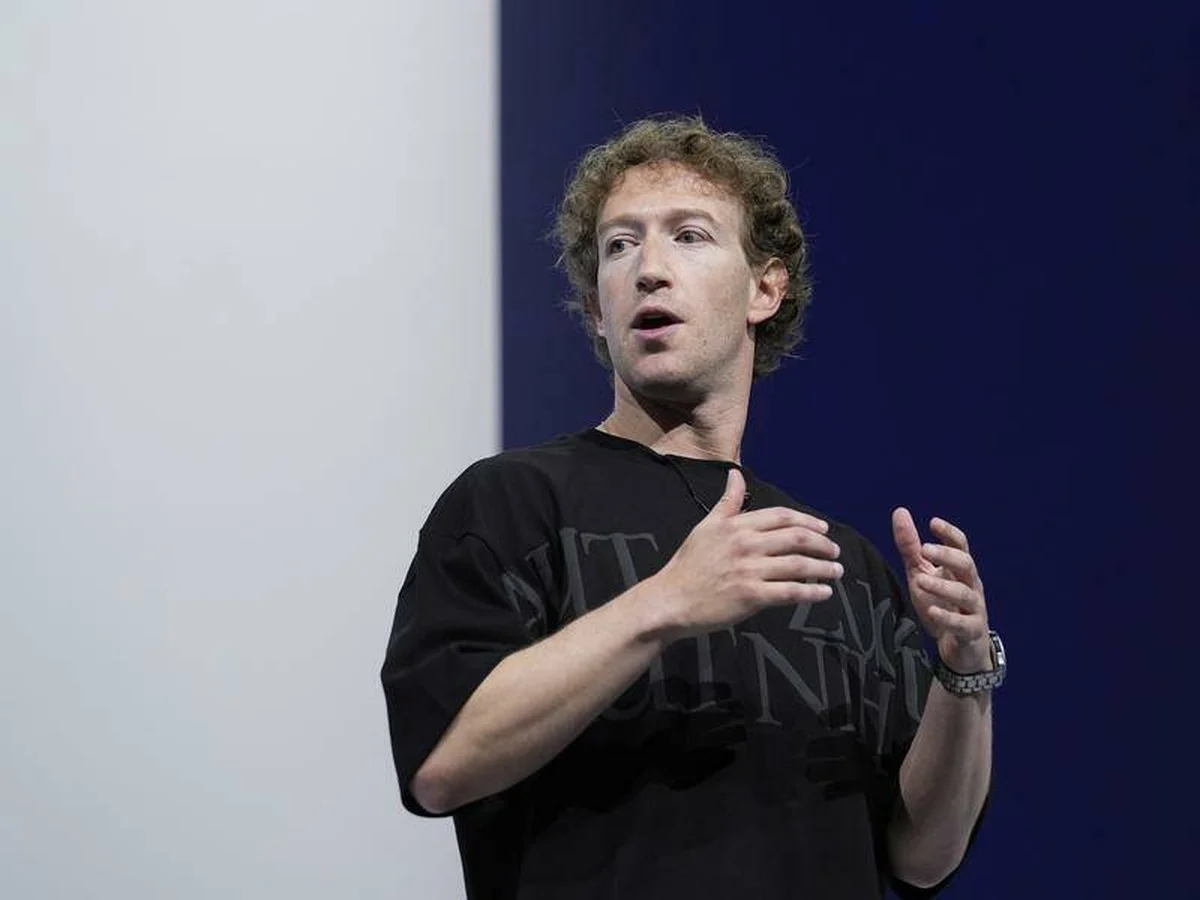16/04/2025
16/04/2025

WASHINGTON, April 16: Meta CEO Mark Zuckerberg considered spinning off Instagram in 2018 due to rising concerns about potential antitrust scrutiny, according to a document presented during his testimony at a high-profile trial in Washington on Tuesday.
The document surfaced during Zuckerberg’s second day on the witness stand in a case where the U.S. Federal Trade Commission (FTC) is seeking to reverse Meta’s acquisitions of Instagram and WhatsApp — two of its most valuable assets.
“I wonder if we should consider the extreme step of spinning Instagram out as a separate company,” Zuckerberg wrote in a memo at the time. The comment came as Meta, then known as Facebook, was exploring ways to reorganize its business and more closely integrate its suite of apps.
While Zuckerberg ultimately favored integration, noting it could lead to “strong business growth,” he also expressed concern that this approach could diminish the value of Facebook’s core platform. He warned there was no guarantee the company would retain control over its "family of apps" in the long run.
Though Meta decided against spinning off Instagram, the fact that Zuckerberg even entertained the idea underscores how seriously he took the potential for regulatory action — the kind that has since become reality with this trial.
Zuckerberg’s memo acknowledged the political climate and growing momentum for tech company breakups. “As calls to break up big tech companies grow, there is a non-trivial chance that we will be forced to spin out Instagram and perhaps WhatsApp in the next 5-10 years anyway,” he wrote, referencing the likelihood of regulatory moves by a future Democratic president.
“This is one more factor that we should consider since even if we wanted to keep those apps together, we may not be able to,” he added.
The FTC sued Meta in 2020 during the Trump administration, accusing the company of maintaining an illegal monopoly. That same year, the administration also filed a separate antitrust suit against Google, claiming it monopolized the online search market.
Despite Meta’s current stance that breaking up the company would be harmful, Zuckerberg downplayed such consequences in his 2018 memo. “While most companies resist breakups, the corporate history is that most companies actually perform better after they’ve been split up,” he wrote. “The synergies are usually less than people think, and the strategy tax is usually greater than people think.”
Zuckerberg’s courtroom appearance follows years of scrutiny over internal communications, including a now-infamous 2008 email in which he said it was "better to buy than compete." The FTC argues this strategy continues to underpin Meta's monopolistic behavior.
The agency alleges Meta monopolized platforms where people share content with friends and family — a space where competitors like Snapchat and the privacy-focused MeWe are far smaller players. The FTC contends that broader platforms like X (formerly Twitter), TikTok, YouTube, and Reddit don’t compete directly in this particular market.
Zuckerberg defended Meta’s 2012 purchase of Instagram, saying the app had a “better camera” than what Facebook was developing at the time. “We were doing a build vs. buy analysis,” he explained. “I thought that Instagram was better at that, so I thought it was better to buy them.”
This admission supports FTC claims that Meta used a “buy or bury” approach — acquiring rising competitors to neutralize threats and preserve its dominance.
In defense, Meta has argued that the FTC’s definition of the social media market is flawed and ignores intense competition from platforms like TikTok, YouTube, and Apple’s messaging app.
Zuckerberg also acknowledged that Meta’s efforts to build its own successful apps have mostly failed. “Building a new app is hard,” he told the court. “Many more times than not, when we’ve tried to build a new app, it hasn’t gotten a lot of traction.”
“We probably tried building dozens of apps over the history of the company, and the majority of them don’t go anywhere,” he added.


